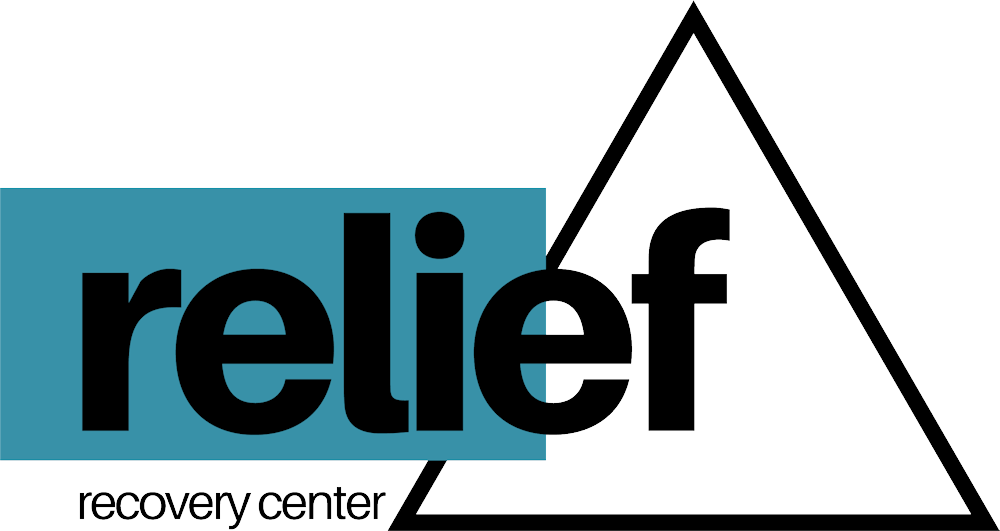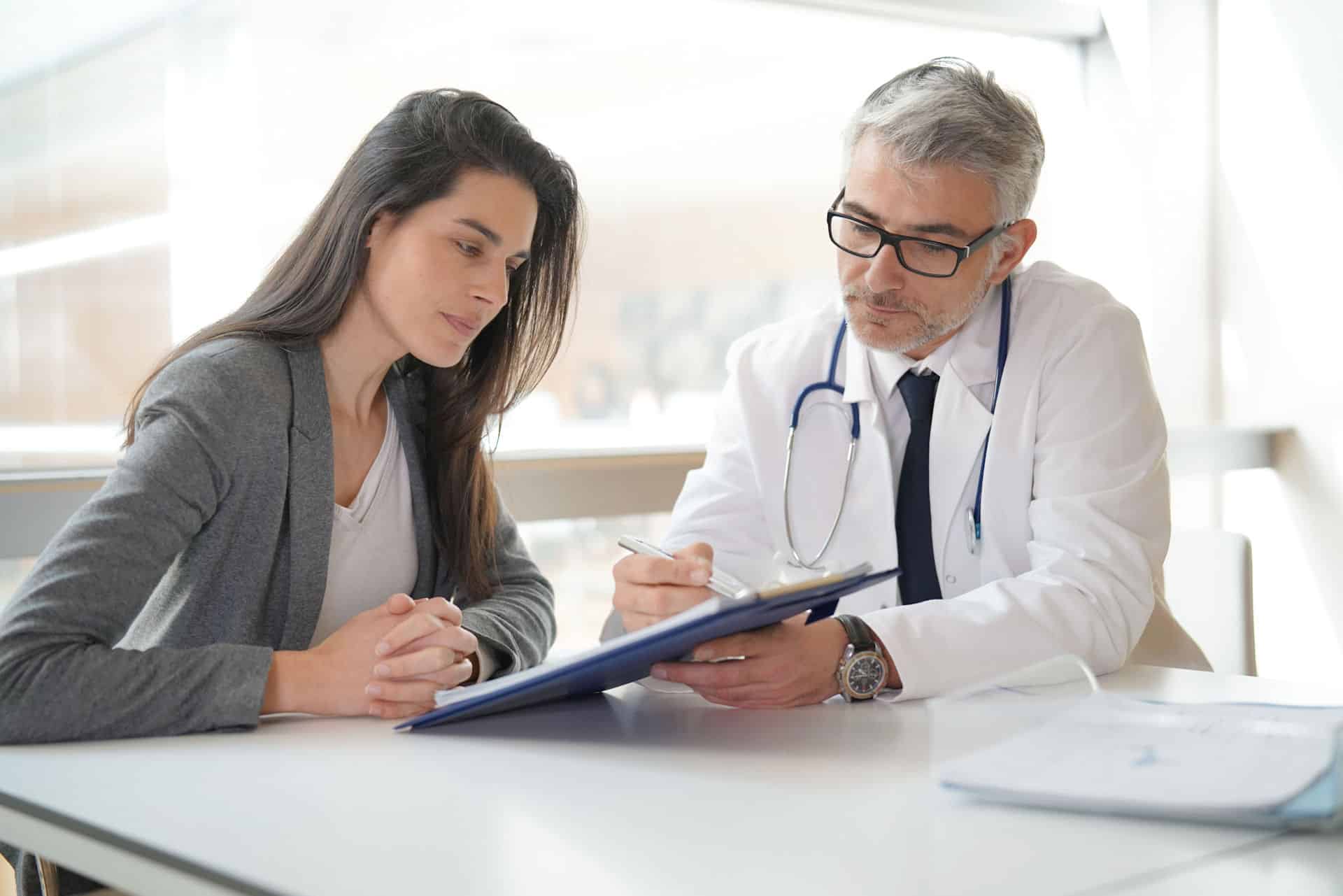Educate Yourself and Others about Mental Health Issues
May is Mental Health Awareness Month. Established in 1949, it serves as a pivotal moment to spotlight mental health challenges affecting millions of Americans. This annual observance creates opportunities for open discussions about mental wellbeing and breaks down barriers to understanding mental health issues.
Organizations like the National Alliance on Mental Illness (NAMI) and the Substance Abuse and Mental Health Services Administration (SAMHSA) play crucial roles in promoting awareness through:
- Educational workshops and webinars
- Free mental health screening programs
- Community outreach initiatives
- Support group networks
- Public awareness campaigns
You can access valuable mental health resources through:
- NAMI’s HelpLine: 1-800-950-NAMI
- Online Learning Platforms: Mental Health First Aid certification
- Digital Toolkits: Downloadable guides for mental health education
- Social Media Campaigns: #MentalHealthAwareness resources
At Relief Recovery Center, we believe education is the first step toward better mental health. Understanding mental health conditions helps you recognize warning signs, support loved ones, and take proactive steps toward your own mental wellbeing.
Challenge the Stigma Associated with Mental Illness
Mental health stigma creates invisible barriers that prevent countless individuals from seeking the help they need. Research shows that nearly 60% of adults with mental illness didn’t receive treatment in the previous year, with stigma cited as a primary reason.
The impact of untreated mental health conditions extends far beyond emotional well-being:
- Physical Health: Increased risk of chronic conditions
- Work Performance: Reduced productivity and career opportunities
- Relationships: Strained connections with family and friends
- Daily Activities: Difficulty maintaining regular routines
You can help break down these barriers by:
- Speaking openly about your mental health experiences
- Using person-first language (“person with depression” vs. “depressed person”)
- Correcting misconceptions when you encounter them
- Supporting peers who are seeking mental health treatment
At Relief Recovery Center, we’ve witnessed how addressing stigma creates positive change. Our patients report feeling more empowered to discuss their mental health openly after starting treatment, creating a ripple effect in their communities.
It’s important to remember that mental health stigma often stems from misunderstanding. By sharing accurate information and supporting those seeking help, you become part of the solution.
Seek Professional Help When Needed
Professional mental health support can make a significant difference in your recovery journey. At Relief Recovery Center, we offer comprehensive mental health treatment options tailored to your specific needs:
- Individual Therapy Sessions: One-on-one counseling with licensed therapists
- Group Therapy Programs: Peer support and shared learning experiences
- Medication Management: Expert psychiatric care and medication oversight
- Crisis Intervention Services: 24/7 support for urgent mental health needs
Our integrated care model combines various treatment approaches to address both mental and physical health needs. A holistic approach ensures you receive comprehensive care that considers all aspects of your wellbeing.
The decision to seek help is a sign of strength, not weakness. Mental health professionals are trained to provide evidence-based treatments and coping strategies that can help you:
- Manage symptoms effectively
- Develop healthy coping mechanisms
- Build stronger relationships
- Improve daily functioning
- Navigate life transitions
Located in Cape Cod, our behavioral health care resources are accessible and designed to support your mental health journey. We accept most insurance plans and offer flexible scheduling options to accommodate your needs. If you’re struggling with addiction, our addiction therapy in Cape Cod, MA can offer you the tools needed to avoid relapse and work toward a better life free of addiction.
Promote Resilience and Wellness in Your Community
Building a resilient community starts with small, meaningful actions. You can make a significant impact by:
- Organizing mental health awareness events in your neighborhood
- Starting support groups for individuals facing similar challenges
- Sharing your personal mental health journey to inspire others
- Creating safe spaces for open discussions about mental health
Mental Health Awareness Month presents the perfect opportunity to strengthen community bonds. Consider partnering with local organizations to host wellness workshops, mindfulness sessions, or stress management seminars.
Your community’s collective strength lies in its ability to support each other. Here are practical ways to foster resilience:
- Establish regular check-ins with neighbors and friends
- Create resource-sharing networks
- Organize community wellness activities like group walks or meditation sessions
- Develop peer support programs
Remember: A resilient community thrives on mutual support and understanding. By taking active steps to promote mental wellness, you create a ripple effect that benefits everyone in your community.
Learn About Specific Mental Health Conditions and Their Management Strategies
Understanding specific mental health conditions empowers you to recognize symptoms and seek appropriate treatment. Here’s what you need to know about common mental health conditions:
PTSD (Post-Traumatic Stress Disorder)
- Intrusive memories or flashbacks
- Severe anxiety and hypervigilance
- Avoidance of trauma-related triggers
- Sleep disturbances and nightmares
Depression
- Persistent sadness or emptiness
- Loss of interest in activities
- Changes in sleep and appetite
- Difficulty concentrating
- Physical symptoms like fatigue
Bipolar Disorder
- Alternating periods of mania and depression
- Extreme mood swings
- Changes in energy levels and behavior
- Impulsive decision-making
Anxiety Disorders
- Excessive worry and fear
- Physical symptoms like rapid heartbeat
- Restlessness and irritability
- Difficulty controlling worry
For those struggling with anxiety, specialized treatment programs can offer significant relief.
Panic Disorder
- Sudden, intense fear attacks
- Heart palpitations
- Shortness of breath
- Fear of losing control
Each condition responds to different treatment approaches:
- Cognitive Behavioral Therapy (CBT)
- Medication management
- Group therapy sessions
- Mindfulness techniques
- Lifestyle modifications
At Relief Recovery Center, we provide specialized treatment programs tailored to each condition. Our mental health professionals work with you to develop personalized management strategies that address your specific symptoms and needs.
Combat Loneliness Through Social Connections and Community Initiatives
Loneliness can significantly impact your mental health, leading to increased anxiety, depression, and stress. Research shows that social isolation can be as harmful to your health as smoking 15 cigarettes a day. Building strong social connections acts as a protective factor for your mental well-being.
Here are effective ways to build meaningful social connections:
- Join local community groups or clubs aligned with your interests
- Participate in volunteer activities
- Attend neighborhood events or gatherings
- Sign up for group fitness classes or sports teams
- Connect with others through faith-based organizations
Our community partnerships offer structured programs to help you combat social isolation:
- Weekly Support Groups: Meet others facing similar challenges
- Social Skills Workshops: Learn effective communication strategies
- Community Outreach Programs: Connect with local organizations
- Peer Support Networks: Build relationships with trained peer supporters
These initiatives create opportunities for meaningful interactions and lasting relationships. You’ll find support, understanding, and companionship through these structured programs designed to strengthen social bonds and improve mental health outcomes.
Support Suicide Prevention Efforts During Mental Health Awareness Month
Suicide prevention is a critical focus during Mental Health Awareness Month. The statistics are alarming: suicide remains one of the leading causes of death in the United States. We believe every life is precious, and prevention starts with awareness and action.
Key Prevention Strategies:
- Recognize warning signs like withdrawal from social activities
- Listen without judgment when someone shares their struggles
- Share suicide prevention hotline numbers in your community
- Support local crisis intervention programs
Available Resources:
- National Suicide Prevention Lifeline: 988 (24/7 support)
- Crisis Text Line: Text HOME to 741741
- Relief Recovery Center’s crisis intervention services
- Local support groups and counseling services
Our mental health professionals provide immediate support for individuals experiencing suicidal thoughts. We offer specialized therapy sessions, crisis intervention, and ongoing support to help navigate these challenging moments. Our team works closely with families to create comprehensive safety plans and establish long-term support systems.
Remember: discussing suicide openly and compassionately helps break down barriers and encourages people to seek help. Your support could save a life.
Seeking Help if You or Someone You Know is Struggling with Mental Health
Your mental health matters, and we’re here to help. At Relief Recovery Center, we offer comprehensive mental health services tailored to your unique needs:
- Individual Therapy Sessions: One-on-one counseling with experienced therapists
- Group Support Programs: Connect with others facing similar challenges
- Crisis Intervention: Immediate assistance when you need it most
- Medication Management: Professional guidance for mental health medications
If you’re dealing with conditions like depression or PTSD, we have specialized programs for that as well. Our depression treatment in Cape Cod is personalized to help you regain balance and well-being. Similarly, our PTSD treatment offers compassionate care to help individuals heal from trauma and regain peace.
Don’t wait to reach out – taking the first step toward better mental health can start today. Our team of mental health professionals is ready to support you through your journey to wellness.
Contact Relief Recovery Center:
- Phone: [Insert Phone Number]
- Location: [Insert Address]
- Available 24/7 for mental health emergencies
Your path to better mental health starts here – reach out to us during Mental Health Awareness Month and beyond.



